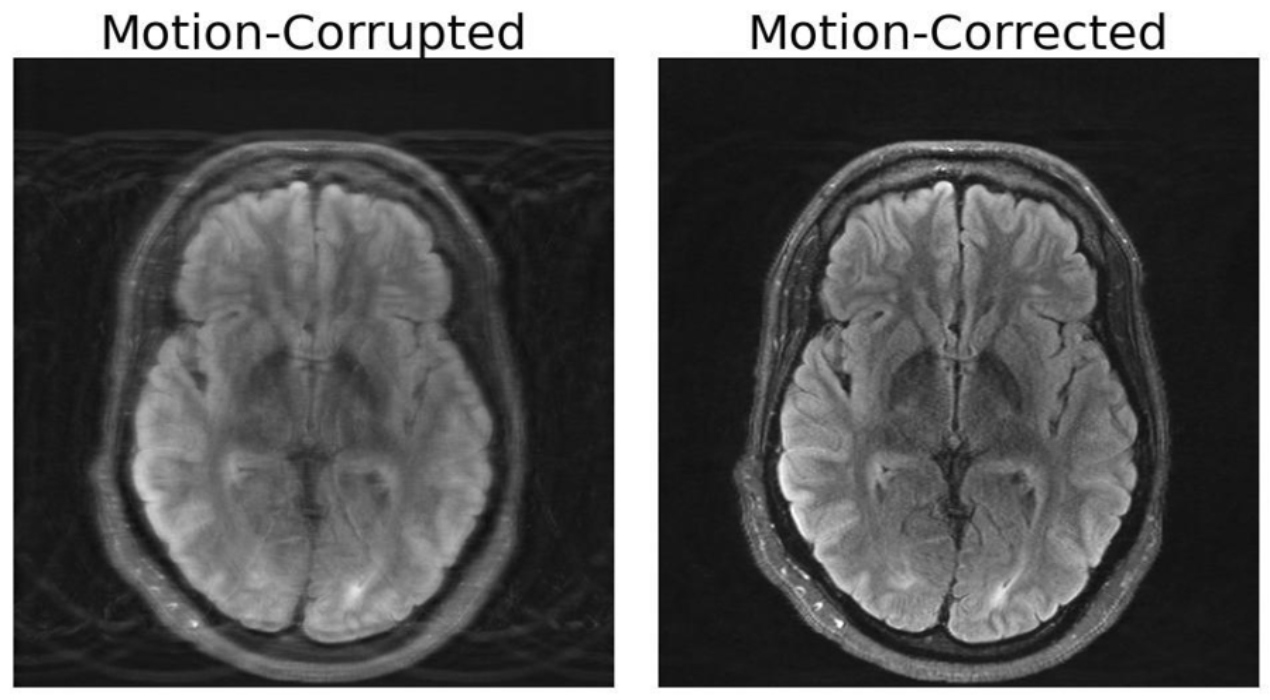
|
Getting your Trinity Audio player ready...
|
In recent years, healthcare has witnessed remarkable advancements, particularly in diagnosing intricate diseases that demand the precision of cutting-edge tools and technologies. In this ever-evolving landscape, healthcare services have increasingly turned to Magnetic Resonance Imaging (MRI) as a crucial diagnostic tool for scanning patients and meticulously observing diseases.
The MRI technology surpasses traditional methods such as X-rays and CT scans and is widely recognised, primarily because it excels in providing exceptional soft tissue contrast. This heightened detail and clarity have revolutionised how medical professionals approach diagnosis and treatment planning.
However, even as MRI technology has ushered in a new era of diagnostic accuracy, it has its challenges. Notably, current MRI machines are susceptible to even the slightest patient movement during scanning, leading to the emergence of image artefacts. While seemingly inconsequential, these artefacts can potentially jeopardise patient safety and well-being.
In the worst-case scenario, these artefacts could lead to misdiagnoses or result in inappropriate treatment decisions, as crucial diagnostic information may become obscured from attending physicians’ views. This inherent limitation of MRI technology has been a concern within the medical community, necessitating innovative solutions to mitigate the associated risks.
Researchers at the Massachusetts Institute of Technology (MIT) have embarked on addressing this pressing issue. They have developed a deep learning model specifically designed to correct motion artefacts in MRI scans of the brain. This innovative approach promises to enhance the accuracy and reliability of MRI-based diagnoses, thus elevating the quality of patient care and opening new frontiers in medical imaging.
The duration of an MRI session can vary considerably, ranging from just a few minutes to as long as an hour. The actual time needed hinges on the specific type of images that must be captured. Even during the shortest MRI scans, it’s imperative to acknowledge that the most minuscule of movements on the part of the patient can yield profound and sometimes adverse effects on the resulting images. This characteristic differentiates MRI from conventional camera imaging techniques, wherein motion primarily manifests as a localised blur.
In the realm of MRI, these movements can manifest as artefacts, potentially distorting or corrupting the entire image. Patients may be subjected to various measures to mitigate such disturbances, such as anaesthesia or requests to restrict deep breathing during the scan. The underlying goal of these measures is to minimise any motion that could compromise the image quality.
However, it is vital to recognise that these measures are only sometimes applicable. There are specific populations for whom these actions could be more practical or even contraindicated. Children and patients who grapple with psychiatric disorders are particularly vulnerable to involuntary motion during MRI scans. For these individuals, the challenges associated with motion correction become incredibly complex, necessitating innovative and tailored solutions to ensure the reliability and accuracy of the diagnostic images.
The significance of employing this integrated method lies in its ability to guarantee alignment between the visual output and the accurate measurements of the represented subject matter. Without this alignment, the model may generate what can be described as “hallucinations” — images that may appear realistic but lack accuracy regarding their physical and spatial representation. Such discrepancies have the potential to worsen outcomes, especially concerning diagnostic processes.
Obtaining an MRI scan devoid of any motion-related distortions, especially in cases involving patients with neurological disorders that trigger involuntary movements, such as Alzheimer’s or Parkinson’s, would yield benefits beyond improved patient outcomes. According to a study conducted by the University of Washington Department of Radiology, it is estimated that motion-related issues affect approximately 15% of brain MRI scans.
Nalini Singh, an affiliated PhD student, asserted that in future endeavours, this field could delve into more intricate forms of head movement and the correction of motion in various other body regions. For instance, the domain of fetal MRI encounters challenges related to rapid and unpredictable motion, which cannot be adequately addressed solely by employing basic translation and rotation models.
These innovative methods are expected to have broad clinical applications, including cases with restless subjects like children and the elderly, situations with pathological motion, studies involving dynamic tissues, and even scans of generally healthy patients with some motions.
In the near future, these pioneering techniques will likely become standard in MRI image processing, revolutionising the field of medical imaging and emphasising the ongoing importance of Singh’s research and collaboration.
















